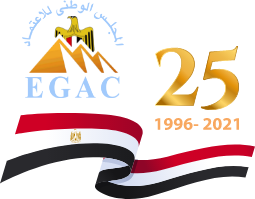The concept of halal products or halal foods is acquired in the marketplace as an alternative standard for the continuous safety and hygiene of what we consume or drink daily. For the Muslim consumer, it displays a symbol for hygiene, quality and safety products.
The accreditation of the Halal certification bodies is a formal declaration, which attests that the specific certification body is competent to certify Halal products or services.
What Is Halal Certification?
- Halal certification is a process where a credible organization certifies that the products and or services offered by a company meet the specified halal standard.
- Halal certification tells Muslims that they can lawfully consume a company’s products based on sharia principles. This provides consumer confidence and prevents any confusion about the halal status of a product. Halal certificates are given to companies that meet the criteria and they are allowed to use a halal mark on their products.
Users of accredited HALAL Certification services can be confident in the quality of the processes used, the competence of the staff and the reliability and accuracy of results.
EGAC has membership in
- International Halal Accreditation Forum (IHAF)
- The Standards and Metrology Institute for Islamic Countries) – (SMIIC)
EGAC has grant Accreditation of Halal Certification Bodies in field of HALAL certification scheme as the following:
- UAE.S 993 (Animal Slaughtering Requirements According to Islamic Rules)
- UAE.S 2055 -1 (General Requirements for Halal Food)
- ES: 7729 (Animal Slaughtering Requirements According to Islamic Rules)
- ES: 4249 (General Requirements on Halal Food According to Islamic Sharya)
- SASO 2172 (General Requirements for Halal Food)
According to the International Standards
- UAE.S 2055
- OIC/SMIIC 2
- ISO/IEC 17065

